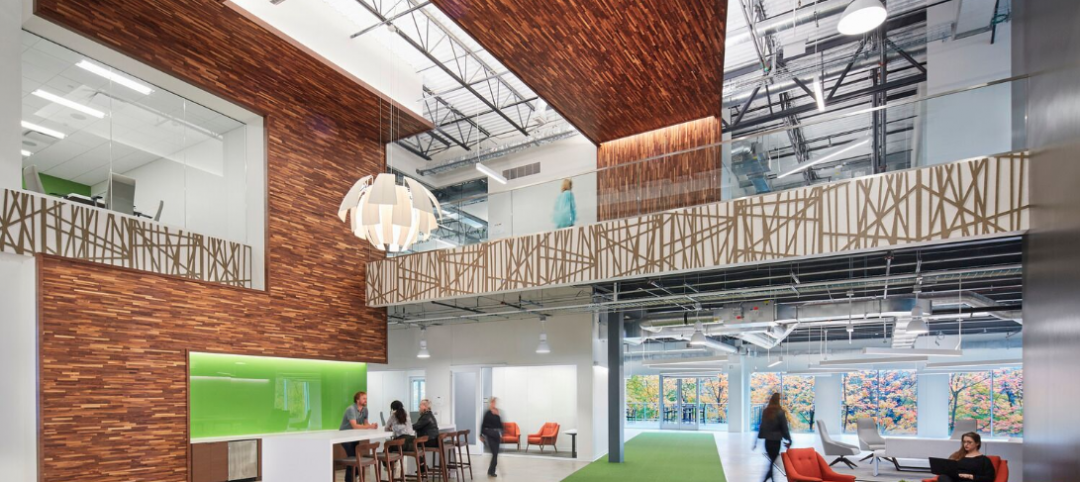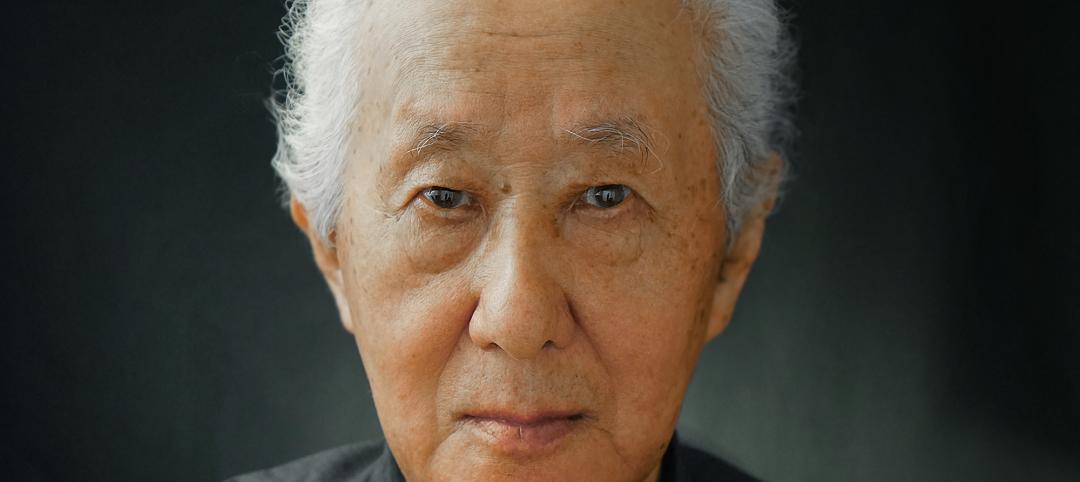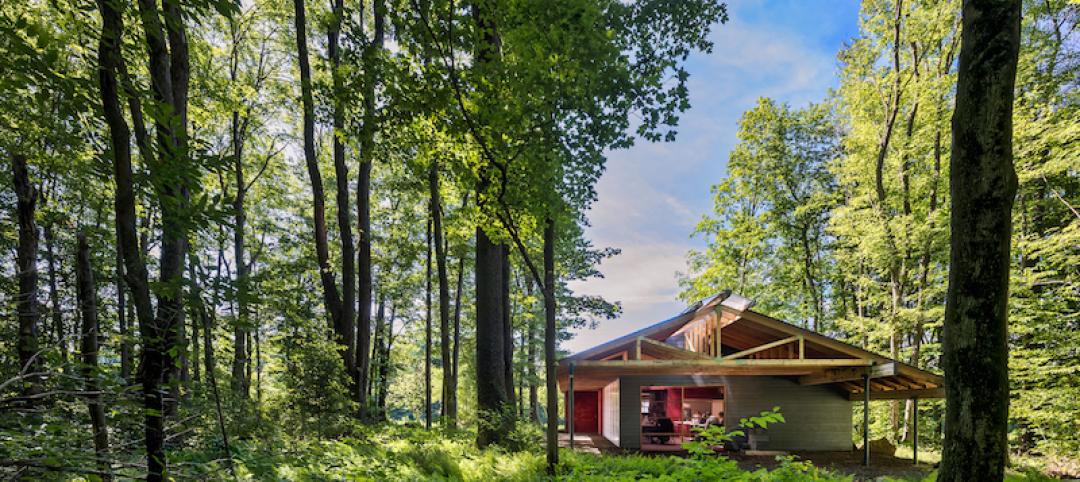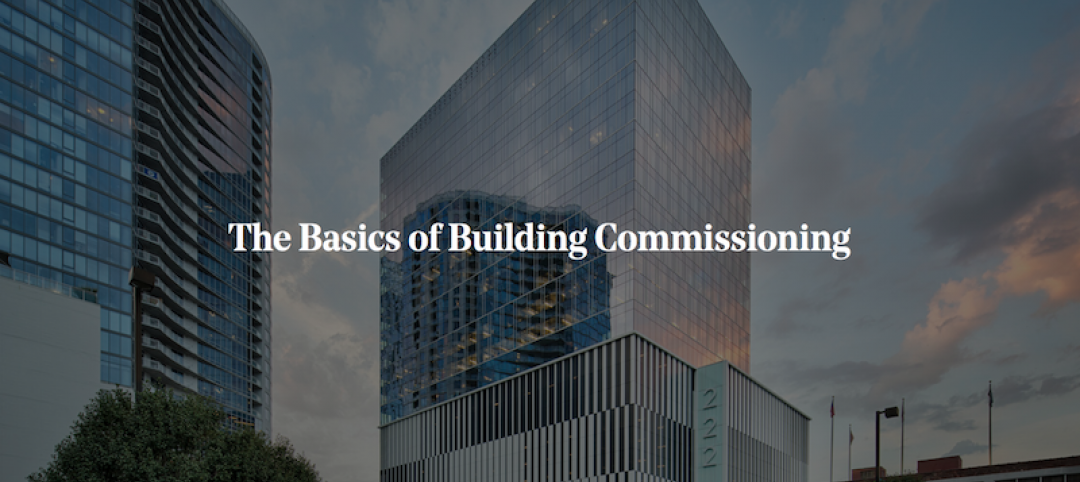On January 1, architectural licensing authorities in U.S., Australia, and New Zealand entered into a Mutual Recognition Arrangement that enables American architects to earn reciprocal licenses abroad.
Twenty-nine of the 54 licensing boards in the U.S. have accepted this arrangement. These include boards in Alaska, Alabama, Arizona, California, Colorado, Connecticut, Iowa, Kansas, Louisiana, Missouri, Montana, Nebraska, New Hampshire, New Mexico, North and South Carolina, North Dakota, Ohio, Oregon, Pennsylvania, Rhode Island, Tennessee, Texas, Vermont, Virginia, Washington State, West Virginia, Wisconsin, and Puerto Rico.
The Washington, D.C.-based National Council of Architectural Registration Boards (NCARB) spearheaded this arrangement, which required over two years of research and negotiation with the other signatories, the Architects Accreditation Council of Australia and the New Zealand Registered Architects Board. Architects must hold a current NCARB Certificate to be eligible for reciprocity. NCARB has a similar arrangement with Canada.
U.S. and foreign architects who want to earn a license in Australia or New Zealand under this agreement must be present proof of citizenship or permanent residence in their home country, as well as an active license to practice architecture from a U.S. jurisdiction. (That license cannot be gained through foreign reciprocity.)
Prospective licensees must also have at least 6,000 hours (the equivalent of about three years) of post-licensure experience in their home countries.
Related Stories
Building Technology | Mar 8, 2019
What is your firm's innovation 'hit rate'?
As firms begin to adopt the practices and mindset of Silicon Valley tech and advanced manufacturing, it’s fair to ask: Are all of these innovation projects and initiatives working?
Architects | Mar 7, 2019
HED, Integrated Design Group to merge firms
ID has a strong reputation for data center design with locations in Boston in Dallas.
Architects | Mar 5, 2019
Arata Isozaki named 2019 Pritzker Architecture Prize Laureate
The Japanese architect, city planner, and theorist is known for his deep commitment to the “art of space” and transnational methodology.
Education Facilities | Feb 25, 2019
Fallingwater Institute’s summer residency programs have a new educational hub
Bohlin Cywinski Jackson designed the project.
Architects | Feb 14, 2019
Amazon will not build HQ2 in New York City
The tech giant walks away from a deal, succumbing to opposition over huge tax breaks.
Architects | Feb 12, 2019
The basics of building commissioning
As building system technology increases in complexity and sustainability remains at the forefront of design, the need for commissioning continues to rise. This is the first post in our series examining the basics, benefits and boundaries of building commissioning.
Architects | Jan 28, 2019
9 tech trends to track in 2019
Innovations in voice recognition, cognitive neuroscience, and biometrics are among the trending tech topics for 2019, according to CallisonRTKL's Kristin Tilley.
AEC Tech | Jan 9, 2019
Our robotic future: Assessing AI's impact on the AEC profession and the built environment
This is the first in a series by Lance Hosey, FAIA, on how automation is disrupting design and construction.
Architects | Dec 17, 2018
New toolkit helps architect achieve high-performance buildings
Architects can download a copy of the toolkit online.
Architects | Dec 13, 2018
Social media synergy: Revving up your AEC firm’s content engine
Design firms know that just having a website and a blog aren’t enough, but social media complicates how they communicate.

















